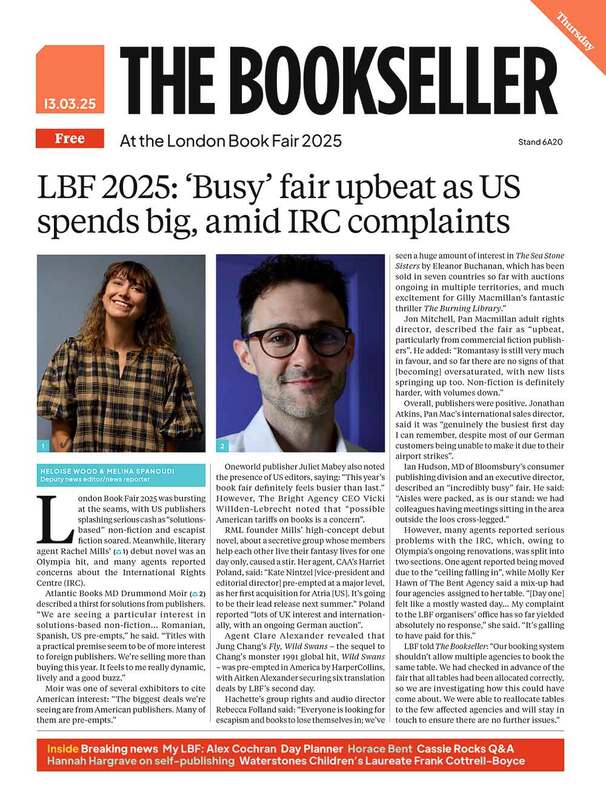You are viewing your 1 free article this month. Login to read more articles.
New venture for Mendeley co-founder Jan Reichelt
Jan Reichelt, who co-founded influential start-up Mendeley, sold to Elsevier in 2013, is launching a new venture aimed at improving access to research articles.
Reichelt has joined forces with fellow entrepreneur Ben Kaube, whose start-up Newsflo was also acquired by Elsevier, to launch platform and browser plugin Kopernio.com.
Kopernio is intended to solve the access problem which sees scientists and researchers make an estimated 2.4bn article requests per year on multiple different search engines and publisher platforms.
Reichelt explained: “They [the researchers] are constantly struggling to access journal papers they urgently need for research, due to paywalls and technical barriers: there are typically five to 15 clicks (or 30 seconds to three minutes) in the way of accessing journal article PDFs (different platforms, login forms, redirects, user experiences etc).
"An analogy: imagine building a music playlist by having to visit each record label’s website and log in on each site with a different username and password to find out if you have access and if so to then download each song. As you know, the music industry has by now provided users with always-on ‘streaming' services. Nothing comparable has happened in the academic world. This is especially ridiculous since most of the content has already been paid for through university subscriptions and hence should be easily available.”
He told The Bookseller: “It’s a mess, really.”
Kopernio works across publisher websites and databases, covering 20,000 journals. It can tell whether researchers have access to a journal already via their institutional subscriptions, and if they do it will deliver that article to them simply using a one-click “smart link”. If they don’t have subscription access, it will hunt out a version of the article legally available on open sources (in Open Access or pre-print repositories, in manuscript form, postings on personal researcher blogs etc). Reichelt said this means Kopernio can deliver an article in 70% of all cases, either the version of record as produced by a publisher, or in another form, with just one click.
He pointed out that many researchers use avenues like pirate site Sci-Hub to access articles even though they already have a legitimate institutional subscription to the journal in question: “Its convenience.” He noted: “It’s unfortunate that we haven’t been able to find a solution and the result is that people resort to other means. While you can try to counter allegedly illegal repositories, what you need to think about is how do you get readers what they really want? Otherwise they will continue.”
Asked about the potential problems of directing a researcher to a version of the article which is not the version of record, Reichelt said: “We think it’s better to give a researcher something rather than for them to be stuck frustrated in front of a paywall”, adding: “If a researcher is interested in a document and you [the publisher] would have turned them away [via your paywall], there are discussions we can have with publishers as to how they can serve their potential user better."
Kopernio, like Mendeley, will have a two-fold business model, an end-user freemium model for the researchers, and a paid-for subscription institutional version. Reichelt’s pitch to institutions: “We solve all problems with one click and share analytics with you – how many turnaways [an article has got], how many redirects from Google Scholar and PubMed. We’ve increased the efficacy of your subscription because we’ve added 5% to 10% of freely available content."
After a soft launch with researchers over the summer, trialling Kopernio via Reichelt and Kaube’s own network of contacts and word of mouth, the duo have now started discussing the venture with the first institutional librarians. “Demand is coming a bit faster than we anticipated,” Reichelt said.




















